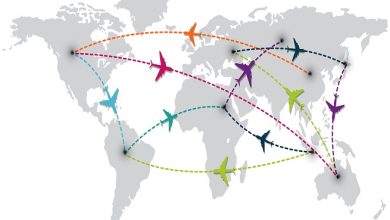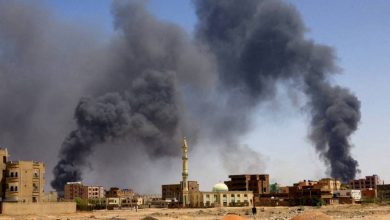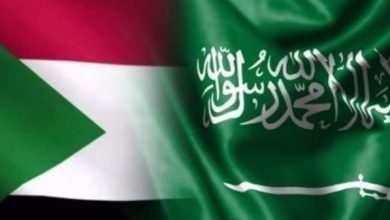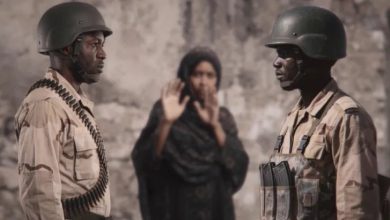Reports
Security Council Session on Sudan: Highlights of Participants’ Remarks
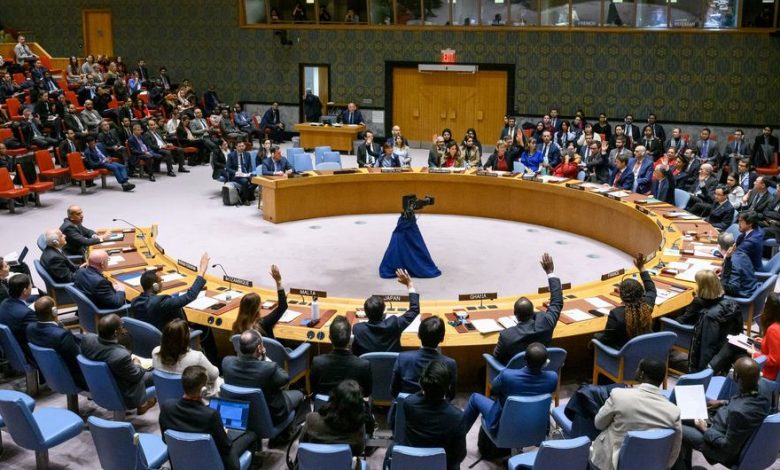
Sudan Events – Agencies
Despite general agreement among speakers at the UN Security Council’s high-level briefing on Tuesday regarding the situation in Sudan and condemning the widespread violations by the Rapid Support Forces (RSF) across various regions in Sudan, there remained significant differences on the next steps forward.
Speakers in the Session: The session was chaired by Lord Collins of Highbury, the UK’s Undersecretary of State for Parliamentary Affairs in Africa, with the UK holding the Security Council presidency for November. Briefings were given by Rosemary DiCarlo, UN Under-Secretary-General for Political and Peacebuilding Affairs; Ramesh Rajasingham, Head of the Office for the Coordination of Humanitarian Affairs (OCHA) in Geneva and Director of the Coordination Division; and a representative of Sudanese civil society from Darfur. Sudan participated under Article 37 of the Council’s provisional rules of procedure, represented by its Permanent Representative to the UN, Ambassador Al-Harith Idris.
Key Points in the Briefings The session highlighted three main points: first, condemnation of RSF attacks on civilians, which included killings, sexual assaults, forced displacement, and starvation; second, the urgent need for a ceasefire to prevent further deterioration and stop ongoing atrocities; and third, although humanitarian aid must continue to reach affected populations and despite Sudan’s agreement to open specific access points, deploying forces to any Sudanese areas is currently unfeasible without the Sudanese government’s consent.
Security Council’s Summary: In its summary, the Security Council acknowledged that the ongoing violence in Sudan, which has lasted for 18 months, is nearing an escalation point. This worsening violence will only heighten human rights violations, food insecurity, and displacement. Senior UN officials renewed their calls for an immediate ceasefire, humanitarian access, and negotiations toward a peaceful settlement.
UN Officials: Condemnation of the Militia and Their Supporters Rosemary DiCarlo noted that Sudan has witnessed some of the most extreme violence since the conflict began. She described RSF attacks as a “wave of assaults” in East Gezira State, resulting in civilian deaths and forced displacements. DiCarlo condemned the continued RSF attacks on civilians and emphasized the urgent need for a ceasefire and negotiated political resolution.
In her briefing, DiCarlo also alluded to the alleged “enablement” of violence in Sudan by international supporters of the warring factions, urging a halt to this support, which she called “unacceptable and illegal.”
Ramesh Rajasingham warned of a worsening humanitarian crisis, as over 11 million people have been displaced since April 2023, and more than 750,000 people face the highest levels of food insecurity. He urged for all humanitarian routes, including the Adré crossing, to remain open for humanitarian aid and personnel.
Militia Tactics and the “Scorched Earth Policy” Nemat Ahmadi, founder of the Darfur Women’s Working Group, highlighted RSF’s scorched earth tactics in several areas, including reports of mass killings, indiscriminate shelling, and even mass suicides among women to avoid further sexual violence. She questioned the UN Secretary-General’s recent report on civilian protection, asserting that peacekeeping forces are necessary to create a conducive environment for peace when the warring factions refuse to do so.
Council Members:
Condemnation of the RSF, Agreement on Civilian Protection The UK’s Lord Collins, acting as Security Council President, underscored the need for an immediate cessation of hostilities as the most effective way to protect civilians. He suggested keeping UN forces deployment under review, emphasizing that such a deployment is one of many tools available.
Arab and African Stances:
Emphasis on Ceasefire The representative of Algeria, speaking on behalf of Guyana, Mozambique, and Sierra Leone, emphasized that the warring parties must agree to a ceasefire without delay, calling for strengthened political will through trust-building initiatives.
U.S. and Western Positions: Condemnation of Militia Practices The U.S. representative urged continued pressure for a return to negotiations and called for an end to military support to the conflicting parties. She also supported a compliance monitoring mechanism following a broader ceasefire agreement. France’s representative supported similar mechanisms and expressed rare condemnation of RSF’s recent attacks in Gezira, praising recent sanctions on two RSF generals.
Asian Non-Permanent Members: Clarity in Demands to Halt Militia Support Japan’s representative welcomed the addition of two RSF generals to the sanctions list, calling for an end to external interventions fueling the conflict. South Korea’s representative criticized regional and international actors for their continued support of the warring factions.
Russia and China: Support for Sudan’s Sovereignty
The Russian representative opposed any third-party peacekeeping initiatives that exclude the Sudanese government, insisting on humanitarian cooperation with Khartoum. China’s representative called for joint efforts with the Sudanese government to ensure aid delivery and stressed that politically motivated external interventions will only exacerbate instability.
Sudan’s Closing Statement Sudan’s representative described the conflict as an aggressive war led by terrorists and regional allies who supply arms and political support, calling for a national mechanism to protect civilians and urging the Security Council to classify the RSF as a terrorist organization. He emphasized Sudan’s commitment to facilitating aid delivery, while expressing concern over weapons allegedly entering Sudan through the Adré crossing, urging UN agencies to prevent abuse of this route.
Source: “Al-Muḥaqqiq” News Website
